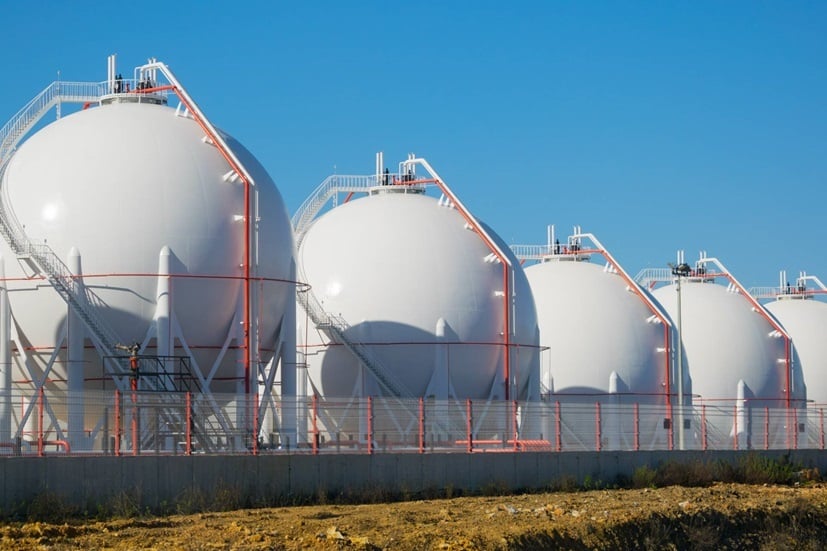Refineries today face immense pressure to reduce their carbon footprints while maintaining profitability amidst evolving market demands. Sulzer's latest whitepaper, "Reduce, reuse, and repurpose: minor changes for major results," highlights innovative solutions enabling refiners to achieve substantial decarbonization without extensive overhauls. The paper emphasizes how strategic investments in revamping existing refinery units can unlock major profitability and sustainability gains.
The paper details advanced technologies such as GT-LPG Max™, which streamlines processing of liquefied petroleum gas (LPG) from mixed fuel gas streams by significantly cutting CO₂ emissions and enhancing product recovery through a single-column solution. Another highlighted innovation, GT-BTX PluS™, optimizes gasoline production by preserving octane levels and minimizing hydrogen consumption, thus significantly reducing emissions. Furthermore, Sulzer’s groundbreaking BioFlux technology facilitates the transition to Sustainable Aviation Fuel (SAF), efficiently transforming biomass into aviation fuels with lower lifecycle carbon intensity.
Through real-world examples, this whitepaper illustrates that incremental changes—such as improving existing gas processing, gasoline hydrotreating units, and integrating renewable feedstocks—can yield substantial environmental and economic benefits. Sulzer’s proven technologies demonstrate that achieving net-zero targets can be aligned seamlessly with operational efficiency and profitability.
As global energy regulations tighten and consumer demand shifts toward cleaner fuels, refiners must act decisively yet pragmatically. Sulzer’s solutions offer a practical roadmap for adapting legacy infrastructure to meet tomorrow’s sustainability standards—without compromising output or performance. This whitepaper empowers decision-makers with the insights needed to prioritize impactful, cost-effective improvements that pave the way to a more resilient, sustainable refining industry.
“Reduce, reuse and repurpose: Minor changes for major results”

